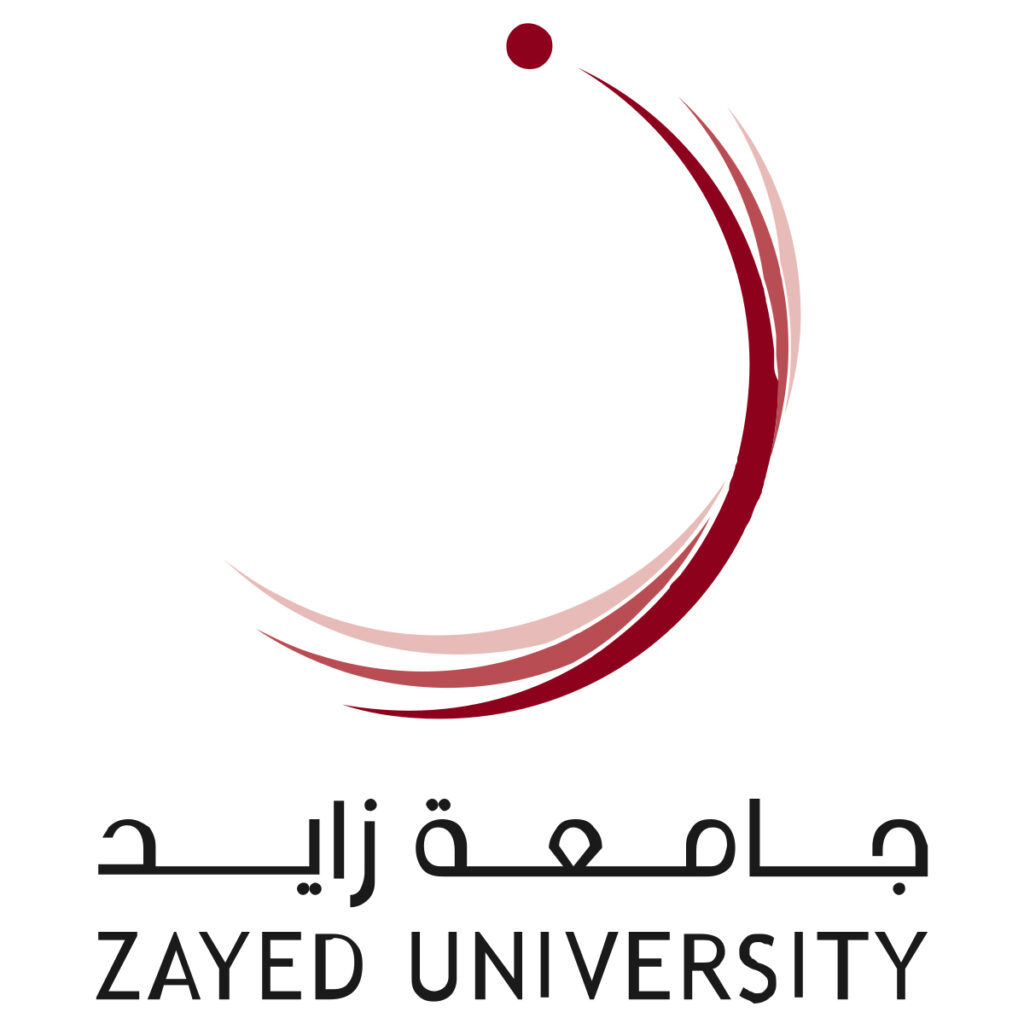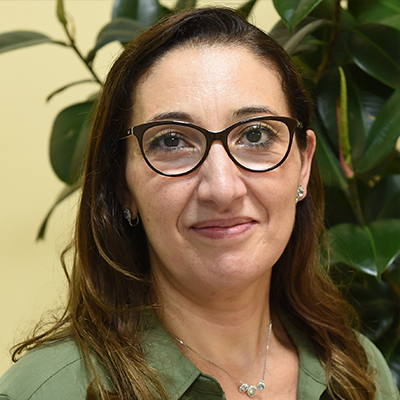

Dr. Linda Smail
Professor, Zayed University
“Receiving the Dubai RDI Grant for our project on Advanced Bayesian Networks for Quranic Qira’at Classification is an incredible milestone. This support drives our mission to blend AI with cultural preservation, enhancing the study and analysis of Quranic recitations. Excited for what’s ahead!”
The project "Advanced Bayesian Networks for the Classification of Quranic Qira’at" aims to develop a cutting-edge Artificial Intelligence (AI) model to classify Quranic Qira’at, which are diverse and culturally significant recitation styles of the Quran. These recitations are central to Islamic tradition and culture and are characterized by intricate phonetic and linguistic nuances. Traditional methods of analyzing these styles often fall short in accuracy and efficiency. This project introduces an innovative solution by leveraging Bayesian Networks to identify the most critical features for classification, ensuring a balance between computational efficiency, interpretability, and precision.
This initiative represents a collaboration between Zayed University and the University of Sharjah, uniting their strengths in AI, Natural Language Processing, and Quranic studies. The project is uniquely positioned to address the complex challenges of classifying Quranic Qira’at by bringing together technical expertise and cultural insights. The outcomes will include a carefully annotated dataset of Quranic recitations, a high-performing AI model for classification, and a user-friendly application designed to support educators, scholars, and students in understanding and preserving these recitation styles.
More than just a technical achievement, this project aligns with Dubai’s Cognitive Cities initiative and the UAE’s broader vision for a sustainable, knowledge-driven future. By integrating cutting-edge AI into the study of Quranic recitations, the project aims to make a vital part of Islamic heritage more accessible to practitioners, learners, and researchers worldwide. This effort bridges the gap between tradition and technology, ensuring this rich cultural practice is preserved and adapted for future generations. The project's outcomes will contribute to the UAE's strategic goals of digital transformation, inclusivity, and building a sustainable, knowledge-based economy under the "We the UAE 2031" Agenda. This initiative sets a new benchmark for AI applications in cultural studies while preserving a vital aspect of Islamic heritage for future generations.